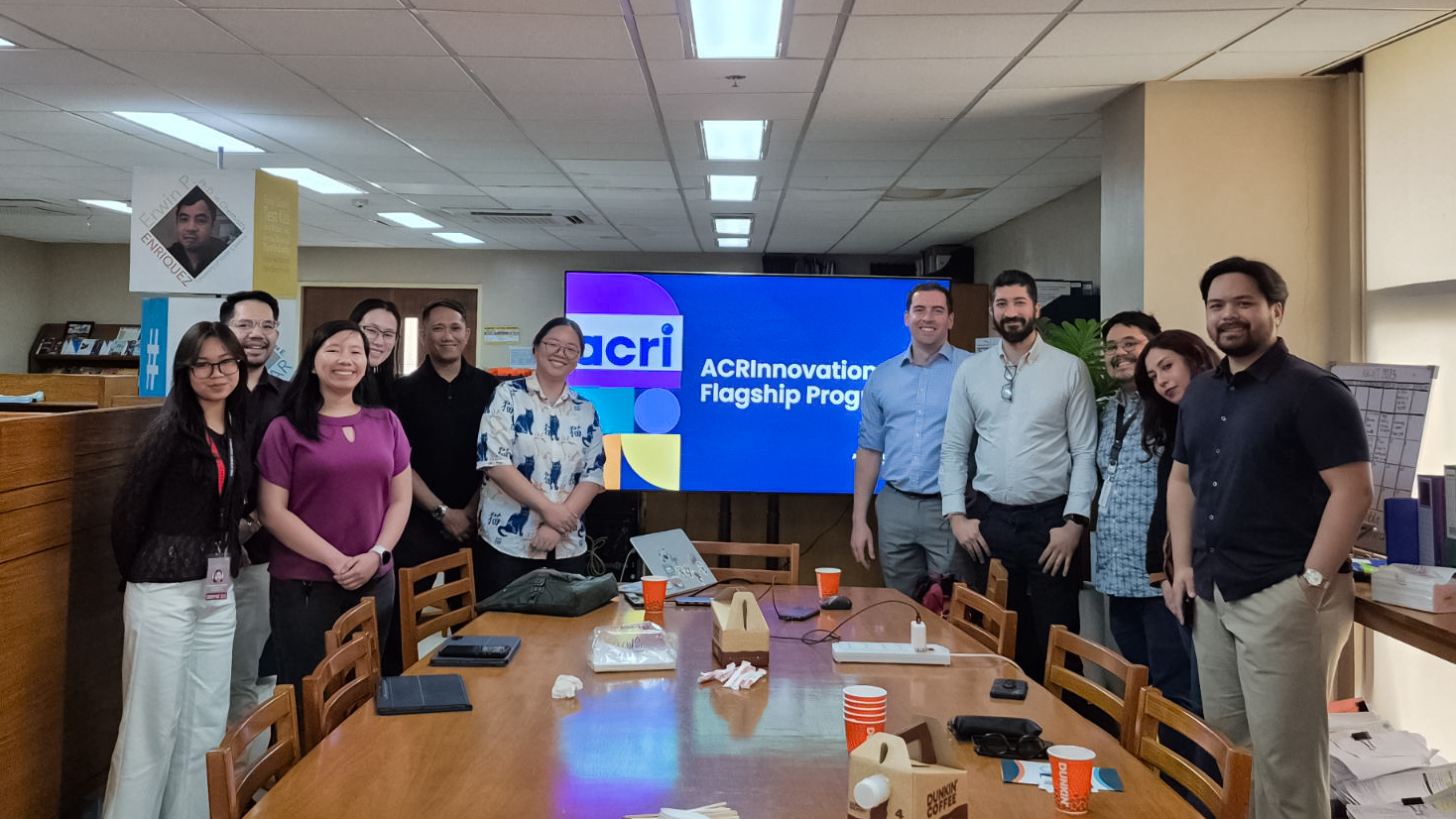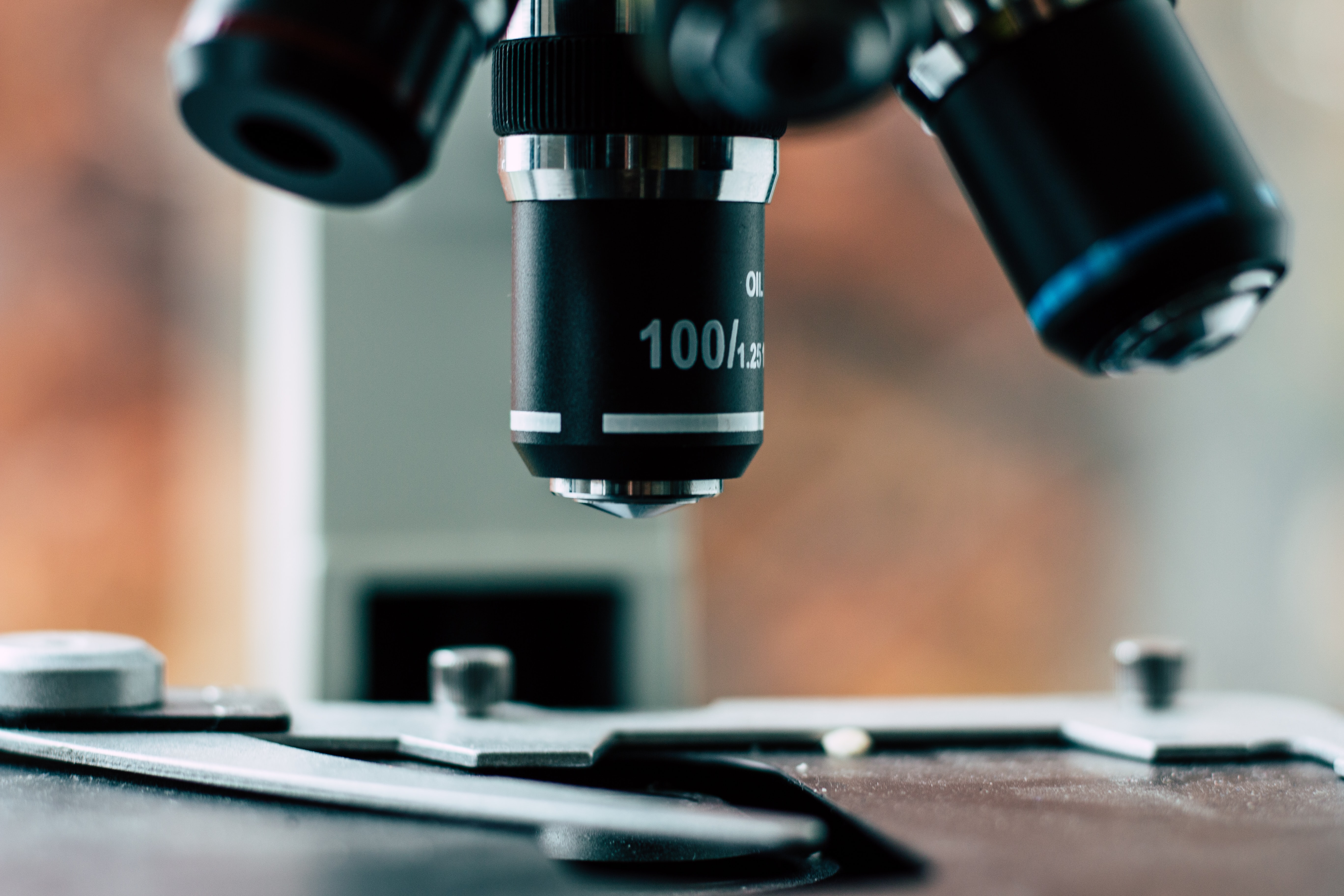
Intelligent Sensors and Monitoring System for Low-cost Phototherapy Light for Jaundice Treatment
A prototype of a low-cost phototherapy light system (LPLS) was deployed by the Ateneo Innovation Center (AIC) at a public hospital in Metro Manila, Philippines. It underwent clinical investigation for two years under the supervision of licensed physicians in a public tertiary hospital. ysicians in a public tertiary hospital. This paper presents the process of upgrading the LPLS in order to enhance capabilities and improve efficiency yet remain affordable. The following features were added: (1) a visual and auditory monitoring system in order to remotely oversee the infant from the nurse station; (2) an automation system that stores data about the device’s light intensity and bulb temperature and records ambient humidity; (3) an alarm system that activates the warning lights if sensor readings are in critical level and if the bulbs need to be replaced; and (4) a time setting to manually set the time of operation and automatically turn-off the device as programmed The upgrades increased the system’s cost but it remained cheaper than the ones commercially available. For deployment in remote or off-grid hospitals, the system was equipped with a solar-powering provision.
The full article is accessible here.
-

ACRI, ARISE convene global health leaders to map next steps for Philippine innovation
QUEZON CITY — August 8, 2025. The Ateneo Center for Research and Innovation (ACRI), in partnership with Unsilo, Inc. and the Ateneo Research Institute of Science and Engineering (ARISE), hosted an exploratory roundtable with international stakeholders to chart practical pathways for accelerating health innovation from campus to clinic.
-

DOST-PCHRD supports AMPLiFieD System to ease bottleneck in COVID-19 testing
The Department of Science and Technology supports the development of a microPCR and lateral flow diagnostic system to enable expanded near-point-of-care testing for COVID-19.
